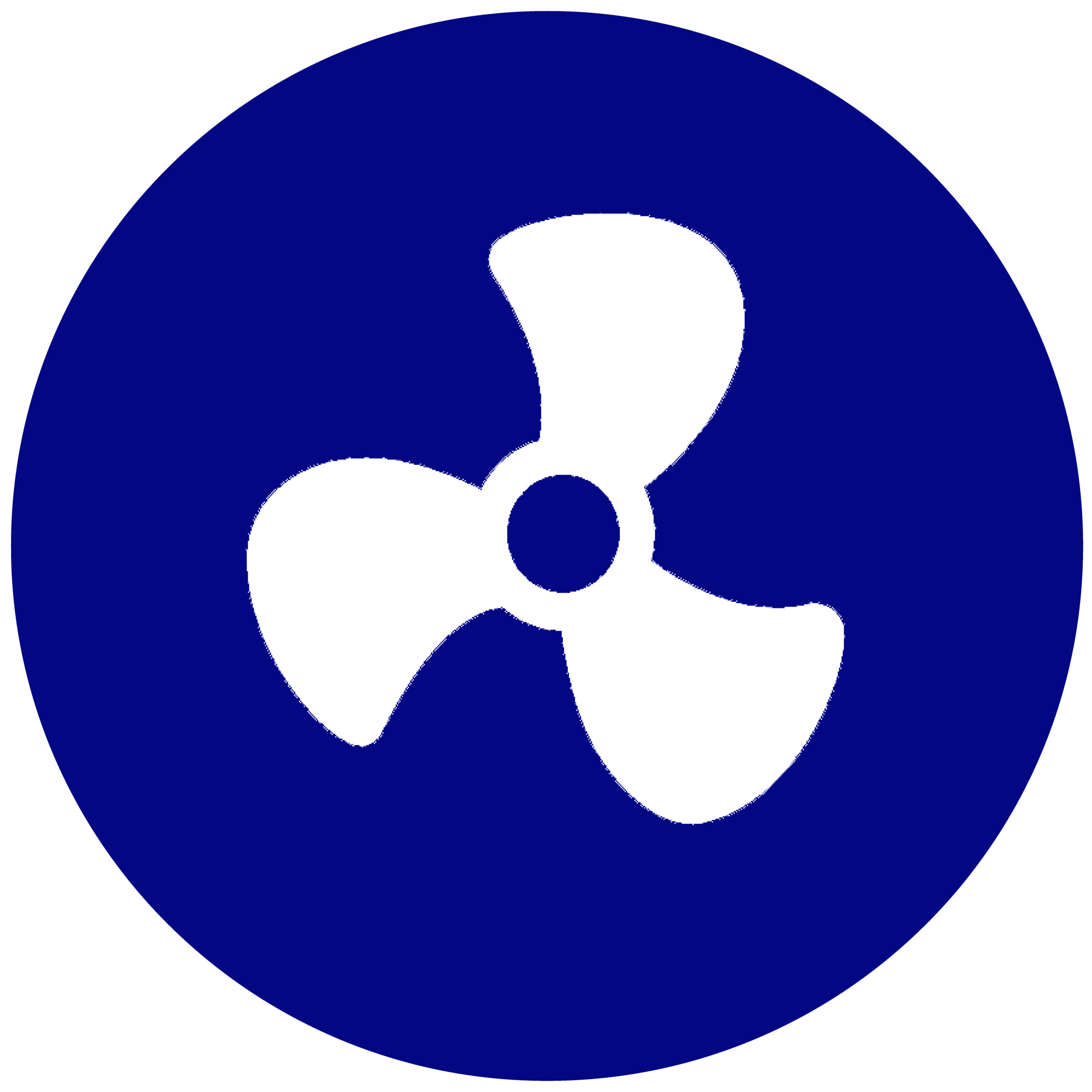Innovating for a sustainable maritime world
NepTech innovates to maximize the environmental and energetic performance of vesselsCHOOSING A low-carbon PROPULSION
HYDROGEN
100% BATTERIES
HYBRID
Our solutions are compatible with biofuels such as HVO.
NepTech designs its vessels around the propulsion system, configured according to operators’ operational needs. Vessels are based on innovations developed by NepTech.
REDUCING THE HYDRODYNAMIC DRAG
Decarbonizing THE
propulsion system
%
in energy consumption
Calculated gain on the Nep18 shuttle compared with a standard catamaran
NepHull
NepFoil
NepAir
NepTech has developed several tools for sizing and designing high-performance & low-carbon propulsion systems

NepDim

NepPropeller

